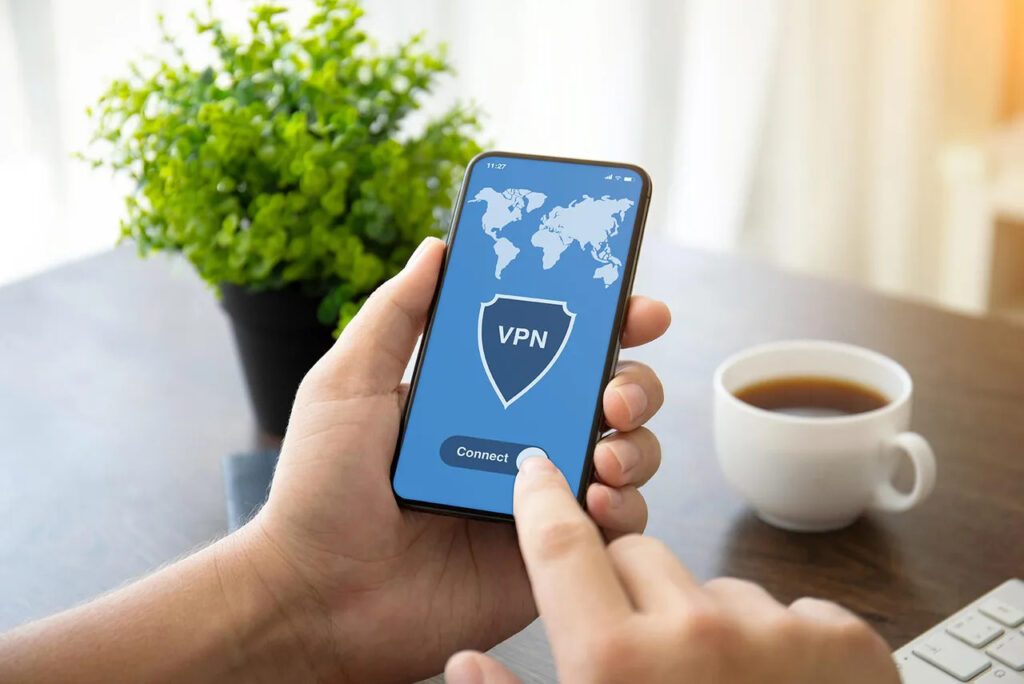A Virtual Private Network (VPN) is a powerful tool for privacy, security, and unrestricted access to content. But one of the most common concerns users have before subscribing is: “Will a VPN slow down my internet?”
The short answer is: Yes, but not always noticeably — and in many cases, the benefits far outweigh the drawbacks. Let’s explore how and why VPNs might impact your internet speed, and how to minimize or even avoid it altogether.
🔍 Why a VPN Might Slow Down Your Internet
When you use a VPN, your internet traffic is encrypted and routed through a secure server before it reaches its destination. While this process enhances privacy, it can add some overhead. Here’s how:
1. Encryption Overhead
VPNs encrypt your data to protect your privacy. This extra layer of encryption can slightly slow down your connection, especially if the VPN uses strong protocols like AES-256.
2. Server Distance
The farther away the VPN server is from your physical location, the longer it takes for your data to travel back and forth. This is known as latency.
3. Server Load
If many users are connected to the same VPN server, it may become congested, causing slower speeds.
4. ISP Throttling Bypass (Paradoxically Faster)
Interestingly, sometimes a VPN can actually increase your speed — especially if your ISP is throttling certain types of traffic like streaming or gaming. By masking your activity, a VPN may help avoid these restrictions.
📉 How Much Slower Is the Internet with a VPN?
The slowdown depends on many factors:
| Factor | Impact |
|---|---|
| VPN server location | High |
| Server congestion | Medium |
| VPN protocol used | Medium |
| Base internet speed | Low to Medium |
| Quality of the VPN provider | High |
On average, most users experience a 5–30% speed reduction, which is often unnoticeable in daily browsing, streaming, or video calling.
🚀 Tips to Minimize VPN Speed Loss
If you’re worried about performance, here’s how to get the best possible speed from your VPN:
-
✅ Choose a server close to your location
-
✅ Use lightweight protocols like WireGuard or IKEv2 (instead of OpenVPN UDP/TCP)
-
✅ Avoid overloaded servers — premium VPNs offer smart server selection
-
✅ Use split tunneling to exclude non-sensitive traffic from the VPN
-
✅ Test your speeds regularly to find the fastest server for your needs
🛡️ Speed vs. Security: Finding the Balance
There’s always a trade-off between security and speed. Stronger encryption may slow your connection slightly, but it gives you better protection. For most users, modern VPNs are well-optimized to strike the right balance.
📝 Final Verdict
Yes, a VPN can slow down your internet — but with a good provider and smart settings, the impact is minimal and often unnoticeable. In return, you gain:
-
📦 Greater online privacy
-
🌐 Access to geo-restricted content
-
🔐 Secure browsing on public Wi-Fi
-
🚫 Protection from ISP tracking and throttling
If you’re using a reputable VPN like FortisVPN, built for both speed and security, you’ll barely notice any slowdown at all — only a safer, freer internet experience.

